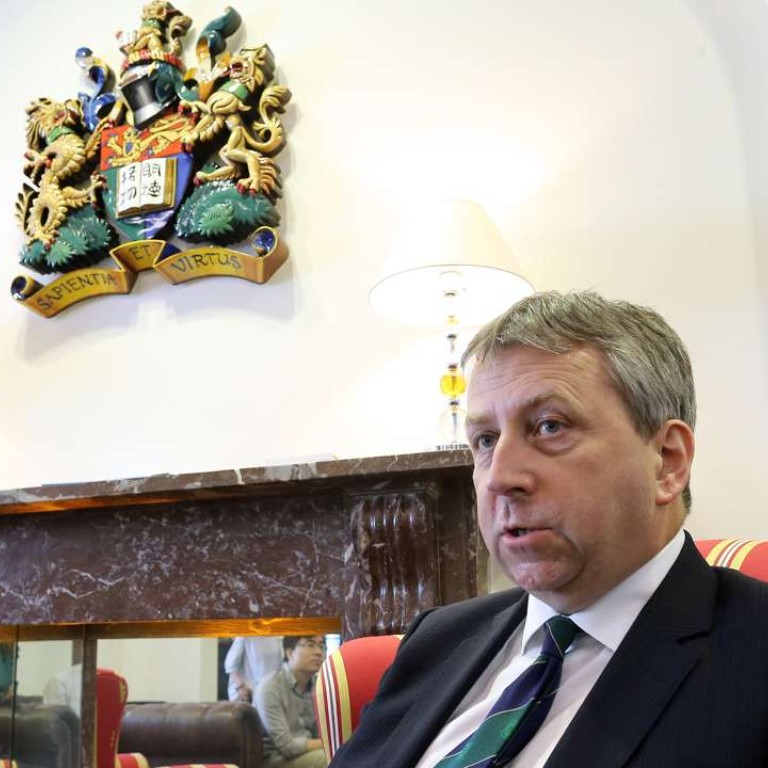
Make public the review into governance at HKU
The panel looking into the issue has completed its report, which has yet to be released for debate by the stakeholders
The review follows turmoil during the Occupy protests in 2014 and political wrangling in the governing council that sparked disquiet about governance. We trust the working group is approaching its task with a sense of urgency.
The way one of our most respected institutions is run remains an issue of public interest amid concerns in some quarters about institutional autonomy. The appointment of the panel took some heat out of it. But release of the report should not be delayed any longer than necessary. Members of such committees can and do disagree. The public and students and staff have a compelling interest in knowing and debating opposing views. The outcome could be important to perceptions of the university’s academic standing and reputation for research. Ultimately, transparency serves the academic traditions the university is expected to uphold.

